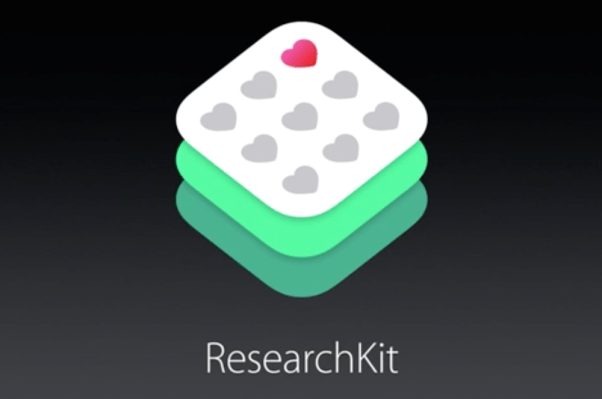Apple is expanding its ResearchKit program with three new studies and three new partner universities. This time, Apple will help research studies on autism, epilepsy and melanoma.
As a reminder, ResearchKit is a set of tools for collecting participant consent, conducting surveys and assigning active tasks to participants that they can perform to help researchers achieve specific study goals. It lets researchers leverage Apple devices for their studies.
If users agree to share these sets of data, researchers can collect data from iPhones, Apple Watches and now iPads as well as iOS accessories, which is great if you want to measure blood pressure, glucose levels and more. Researchers can take advantage of the accelerometers, gyroscope, heart monitor, GPS sensor, microphone and more.
Duke University worked on an autism study. It wants to leverage the front-facing iPhone camera and emotion detection algorithms to measure a young child’s reaction to a video. It’s a way to detect signs of autism at a much younger age.
Johns Hopkins worked on the EpiWatch app. As the Apple Watch comes with accelerometers, it’s a great way to measure the onset and duration of seizures. It will then send an alert to a loved one. The ability to compare seizure data with a large set of participants is also a great way to learn more about the disease.
Finally, Oregon Health & Science University worked on melanoma. Using photos, the researchers want to learn more about mole growth and melanoma risks. Eventually, the university wants to create detection algorithms by studying a large amount of mole photos.
There are new generic active task modules in the framework as well. Now, ResearchKit can help you create tasks to study hearing loss, reaction time to a stimulus, walk tests, memory tests and more.
The idea behind ResearchKit is that it should be easier to make contributions to medical research. And now you can do so if a researcher wants to work with you and you have an Apple device. ResearchKit has already helped studies on asthma, diabetes, Parkinson’s disease and more. 100,000 people are already enrolled in ResearchKit studies.
And this is important as only big consumer electronics companies have enough reach to work on this kind of large-scale data-intensive studies — there are hundreds of millions of iOS devices currently in use around the world, so even if a tiny percentage of this user base signs up to ResearchKit studies, it will have a meaningful impact on medical research..
Apple doesn’t get anything out of it. It is even dedicating resources to improve the framework by regularly adding new features. That’s why ResearchKit is even more remarkable — it is clearly an important initiative for Apple.
